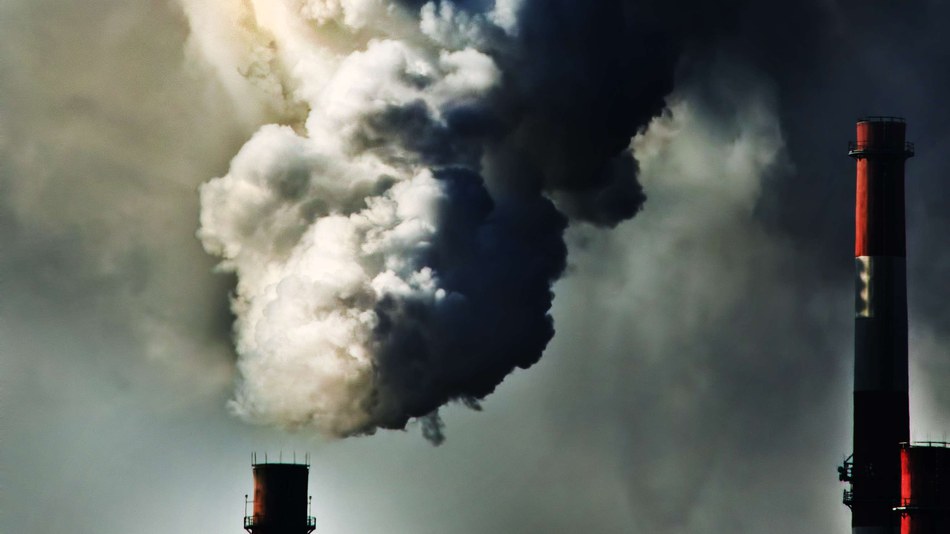
Transição de carvão para renováveis é mais barata do que para gás, diz estudo
Custo de renováveis diminuiu 99% desde 2010 e gás natural – diante dos conflitos atuais – deixou de ser viável para a transição

Custo de renováveis diminuiu 99% desde 2010 e gás natural – diante dos conflitos atuais – deixou de ser viável para a transição
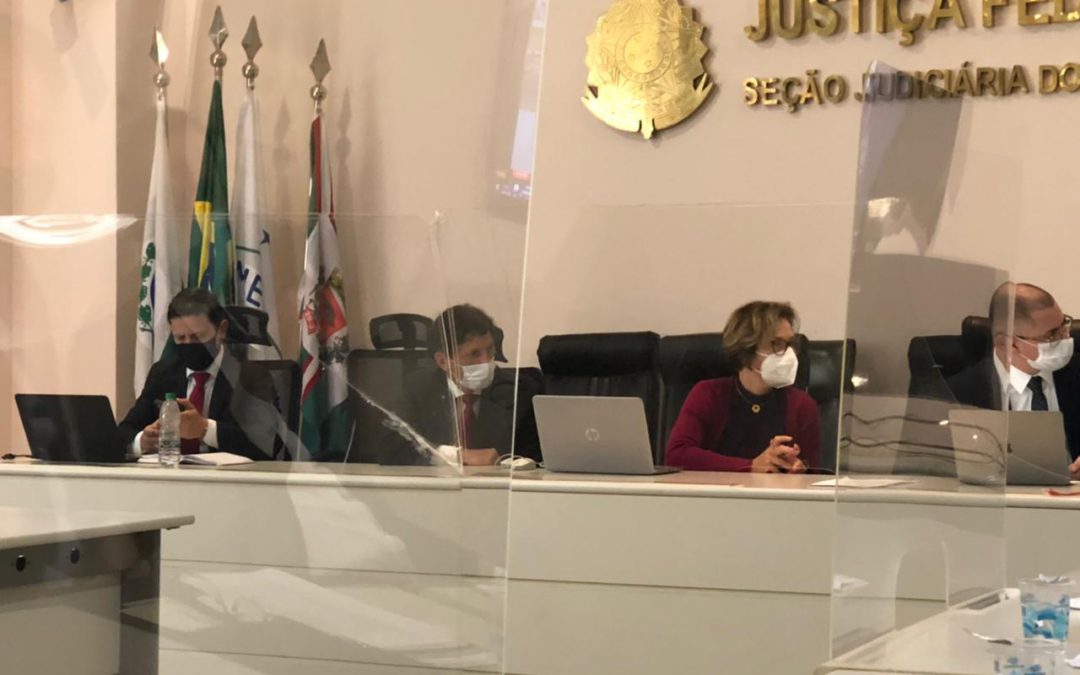
ARAYARA defende também que sejam fomentadas iniciativas pela transição energética justa (mais…)
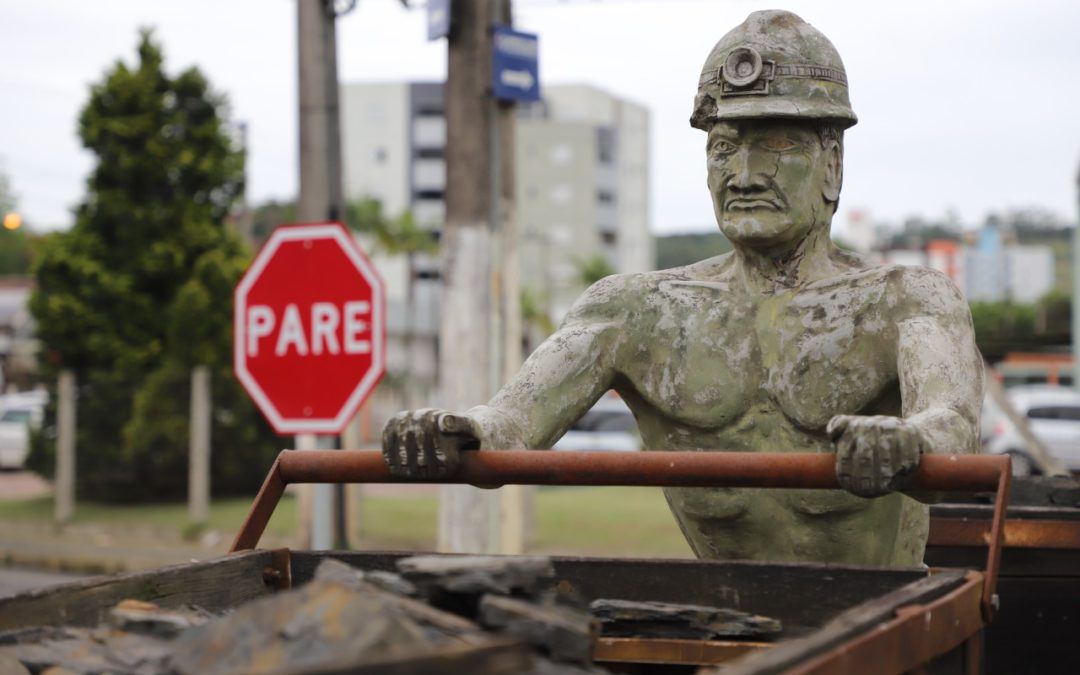
Lei que estende subsídios até 2040 foi promulgada neste ano e “distorce o conceito de transição energética justa”.
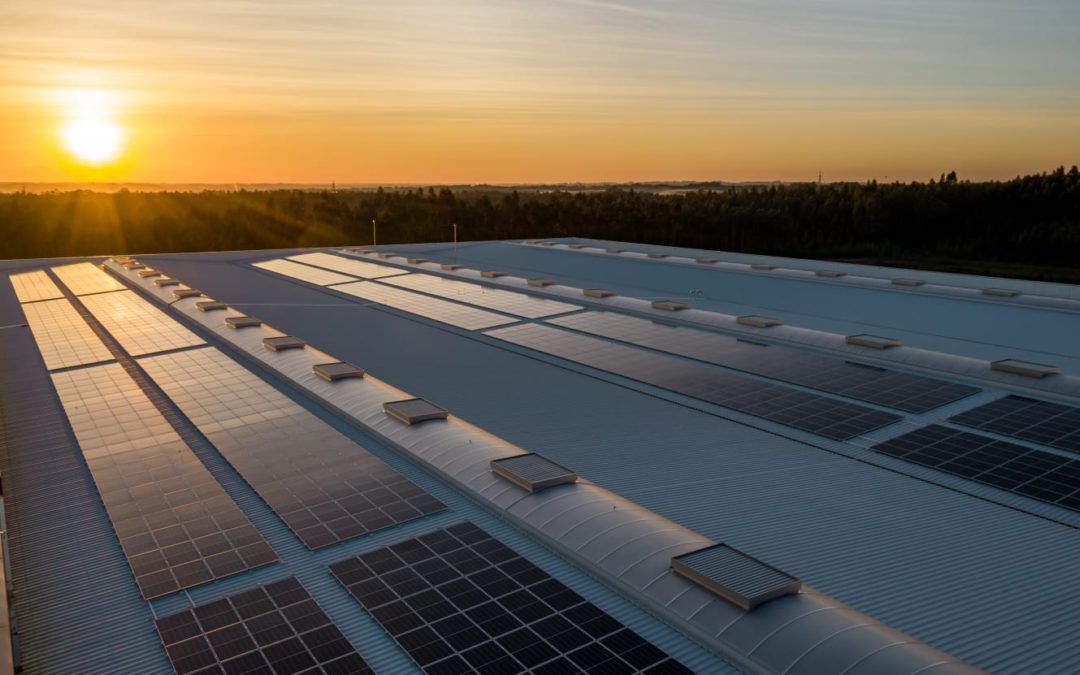
A crise climática exige a adoção de medidas de descarborização (mais…)
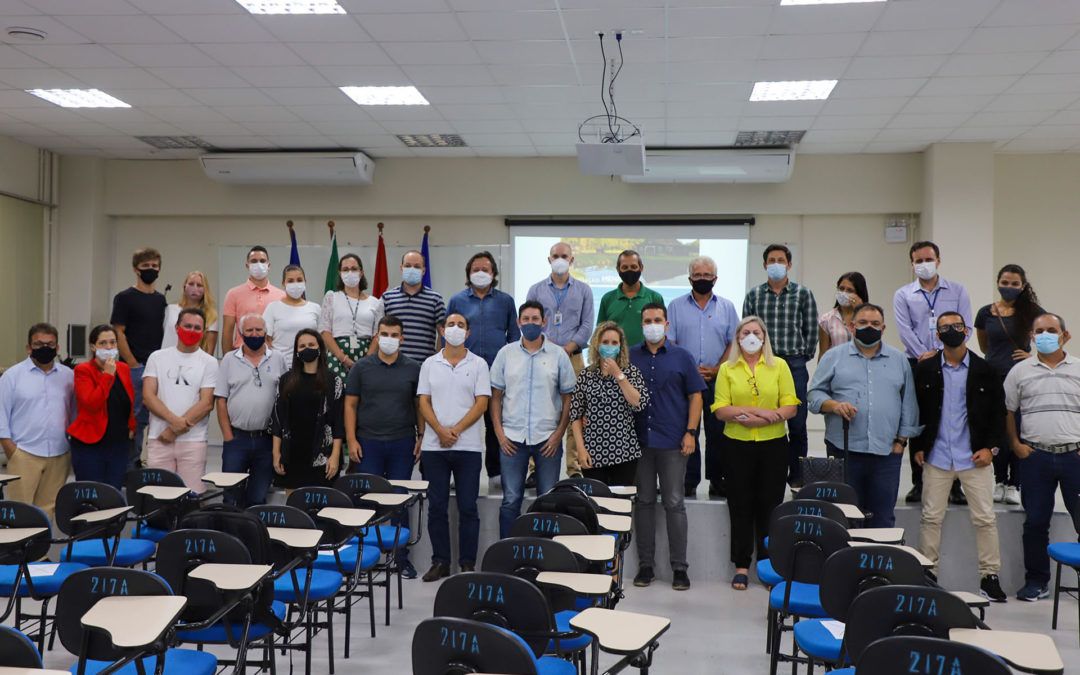

Se necesitan 5.000 millones de reales para formar a los trabajadores, recuperar el medio ambiente destruido y preparar a la región para aprovechar la economía verde no contaminante; el Gobernador de Rio Grande do Sul participó hoy en un debate en la COP26 y se comprometió a superar el proyecto de la Mina Guaíba, que amenaza el agua potable de 5 millones de habitantes de la región metropolitana de Porto Alegre
El Instituto Internacional Arayara acude a los tribunales para exigir a Engie, Fram Capital y Diamante Brasil que asuman el pasivo y capaciten a 20 mil trabajadores de la cadena de producción de carbón, que involucra al Complejo Termoeléctrico Jorge Lacerda, instalado en Santa Catarina (SC), y a las minas de carbón que abastecen a las plantas. Las Acciones Civiles Públicas (ACP) presentadas hasta ahora por el Ministerio Público Federal (MPF) con fines similares alcanzan los R$ 1,5 mil millones.
Según el Instituto Arayara -que desde marzo realiza estudios con muestras de suelo y aire, y recoge testimonios de expertos y de personas afectadas por las actividades de las centrales y las minas (una población total de casi un millón de personas)-, los costes globales de la recuperación social, económica y ambiental del llamado “territorio Jorge Lacerda”, que se extiende en un área 12 veces mayor que la región metropolitana de París, podrían alcanzar más de 5.000 millones de reales.
La información fue dada esta mañana (4 de noviembre) por Nicole Figueiredo de Oliveira, abogada y directora del Instituto Arayara y del Observatorio del Carbón Mineral, durante el debate “El carbón y los desafíos de la transición justa en el sur de Brasil”. El acto se celebró durante la COP26, la conferencia de la ONU celebrada en Glasgow (Escocia) para debatir sobre el cambio climático en el planeta y la Convención sobre el Clima, firmada por cientos de países, entre ellos Brasil.
A mediados de 2021, Engie vendió las plantas por casi 320 millones de reales a las empresas Fram Capital y Diamante Energia, que no tienen experiencia en el área de generación de termoelectricidad con carbón.
Según el director del Instituto Arayara, la venta de Jorge Lacerda no exime a los antiguos y nuevos propietarios de las plantas de los pasivos generados durante décadas de funcionamiento de la cadena de producción de carbón en el estado de Santa Catarina.
La información completa sobre el caso Jorge Lacerda y las alternativas que el Instituto Arayara viene proponiendo para formar a los trabajadores y superar la dependencia económica del carbón se encuentran en el informe técnico “El legado tóxico de Engie-Diamante-Fram Capital en Brasil: Mapa de la contaminación y destrucción generada por el Complejo Termoeléctrico Jorge Lacerda y las minas de carbón que lo abastecen”.
El documento puede descargarse en www.coalwatch.org.
Durante el debate se proyectó un minidocumental, producido por el Instituto Arayara, que resume el informe, y que puede verse aquí.
Al finalizar el acto, el presidente del Instituto Internacional Arayara, Juliano Bueno, envió a través de Instagram el siguiente mensaje sobre la repercusión del informe.
El debate también contó con la presencia del gobernador de Rio Grande do Sul, Eduardo Leite (PSDB), que se comprometió a avanzar en los debates sobre la transición justa de la economía del carbón hacia lo que denominó “hidrógeno verde”.
La participación de Eduardo Leite puede seguirse aquí.
Leite se comprometió a revisar el caso de la Mina Guaíba, proyecto de la mayor mina de carbón a cielo abierto de América Latina, que se desarrollaría en la región metropolitana de la capital gaucha Porto Alegre (RS), amenazando el suministro de agua potable de la capital gaucha, pero que fue suspendido por la ACP presentada en 2020 por el Instituto Arayara.
Otros participantes en el acto celebrado esta mañana fueron el físico Roberto Kishinami (director del Instituto Clima y Sociedad y uno de los principales expertos en energía de Brasil); el ingeniero Ricardo Baitelo (del Instituto de Energía y Medio Ambiente, que criticó la opción del Gobierno brasileño de aumentar la generación de energía con centrales termoeléctricas de carbón y gas natural en los próximos años) y Emílio La Róvere, profesor de la Universidad Federal de Río de Janeiro, que afirmó que es posible utilizar las subvenciones concedidas a Jorge Lacerda para financiar la generación de energía no contaminante, formar a los trabajadores de la termoeléctrica y recuperar las zonas destruidas en SC por la cadena de producción de carbón).
Contacto en Glasgow
Nicole Figueiredo Oliveira (nicole@arayara.org)
Oficina de prensa en Brasil
Carlos Tautz (Móvil y WhatsApp 21-99658-8835 y correo electrónico carlos.tautz@arayara.org)
COP26: Arayara goes to court to ensure social and environmental recovery from Jorge Lacerda dam disaster in Santa Catarina
R$ 5 billion are needed to train workers, recover the destroyed environment and prepare the region to take advantage of the non-polluting green economy; the governor of RS participated in a debate today at COP26 and pledged to overcome the Guaíba Mine project, which threatens the drinking water of 5 million inhabitants of the metropolitan region of Porto Alegre
The Arayara International Institute is going to court to demand Engie, Fram Capital and Diamante Brasil to assume the liabilities and train 20 thousand workers of the coal production chain, which involves the Jorge Lacerda Thermoelectric Complex, installed in Santa Catarina (SC), and the coal mines that supply the plants. The Public Civil Actions (PCA) filed to date by the Federal Public Ministry (MPF) for similar purposes reach R$ 1.5 billion.
According to the Arayara Institute – which since March has been conducting studies with soil and air samples and collecting testimonials from experts and people affected by the activities of the plants and mines (a total population of almost 1 million people) – the overall costs of the social, economic and environmental recovery of the so-called “Jorge Lacerda territory”, which extends over an area 12 times larger than the Paris metropolitan region, may reach more than R$ 5 billion.
The information was given this morning (November 4th) by lawyer Nicole Figueiredo de Oliveira, director of the Arayara Institute and the Mineral Coal Observatory, during the debate “Coal and the Challenges of Fair Transition in Southern Brazil”. The event was held during the COP26, the UN conference that takes place in Glasgow, Scotland, to debate the planet’s climate changes and the Climate Convention, signed by hundreds of countries, including Brazil.
In mid 2021, Engie sold the plants for almost R$ 320 million to Fram Capital and Diamante Energia, which have no experience in coal-fired thermoelectricity generation.
According to the director of the Arayara Institute, the sale of Jorge Lacerda does not exempt the old and new owners of the plants from the liabilities generated over the decades of operation of the coal production chain in the state of Santa Catarina.
The complete information about the Jorge Lacerda case and the alternatives that the Arayara Institute has been proposing to train workers and overcome the economic dependence on coal are in the technical report “The Toxic Legacy of Engie-Diamante-Fram Capital in Brazil: Map of the Contamination and Destruction Generated by the Jorge Lacerda Thermoelectric Complex and the Coal Mines that Supply it”.
The document can be downloaded at www.coalwatch.org.
During the debate, a mini-documentary, produced by the Arayara Institute, which summarizes the report, was shown and can be watched here.
At the end of the event, the president of the Arayara International Institute, Juliano Bueno, sent through Instagram the following message about the repercussion of the report.
Also participating in the debate was the governor of Rio Grande do Sul, Eduardo Leite (PSDB), who made a commitment to advance discussions on the just transition from the coal economy towards what he called “green hydrogen.”
Eduardo Leite’s participation can be followed here.
Leite pledged to review the case of the Guaíba Mine, project of the largest open-pit coal mine in Latin America, which would be developed in the metropolitan region of the gaucho capital Porto Alegre (RS), threatening the drinking water supply of the gaucho capital, but which was suspended by the ACP filed in 2020 by the Arayara Institute.
Other participants in the event held this morning were physicist Roberto Kishinami (director of the Climate and Society Institute and one of the greatest energy specialists in Brazil); engineer Ricardo Baitelo (from the Energy and Environment Institute, who criticized the Brazilian government’s option to increase energy generation from coal and natural gas-fired thermoelectric plants in the coming years) and Emílio La Róvere, professor at the Federal University of Rio de Janeiro, who stated that it is possible to use the subsidies granted to Jorge Lacerda to finance the generation of non-polluting energy, train the thermoelectric workers and recover the areas destroyed in SC by the coal production chain).
Contact in Glasgow
Nicole Figueiredo Oliveira (nicole@arayara.org)
Press office in Brazil
Carlos Tautz (Cell phone and WhatsApp 21-99658-8835 and e-mail carlos.tautz@arayara.org)
Translated with www.DeepL.com/Translator (free version)